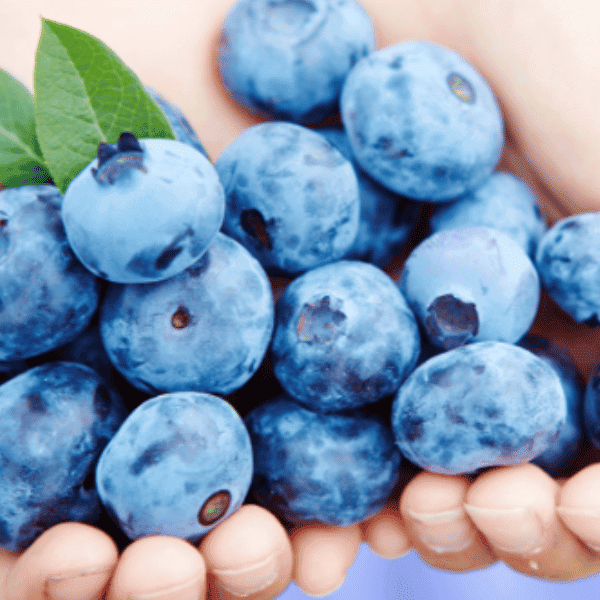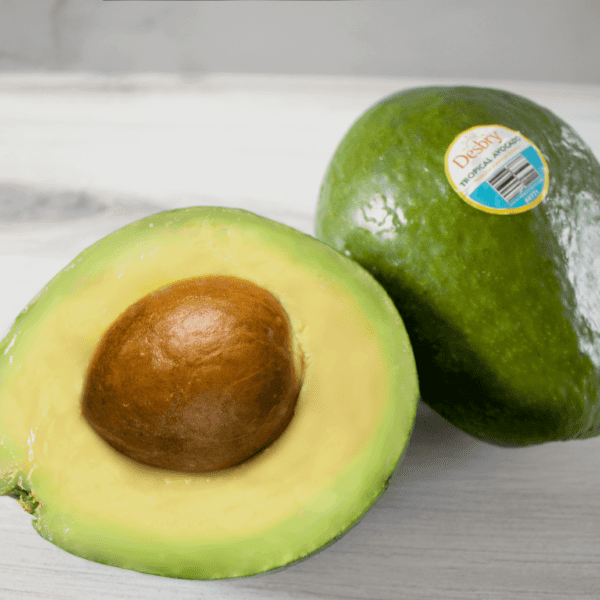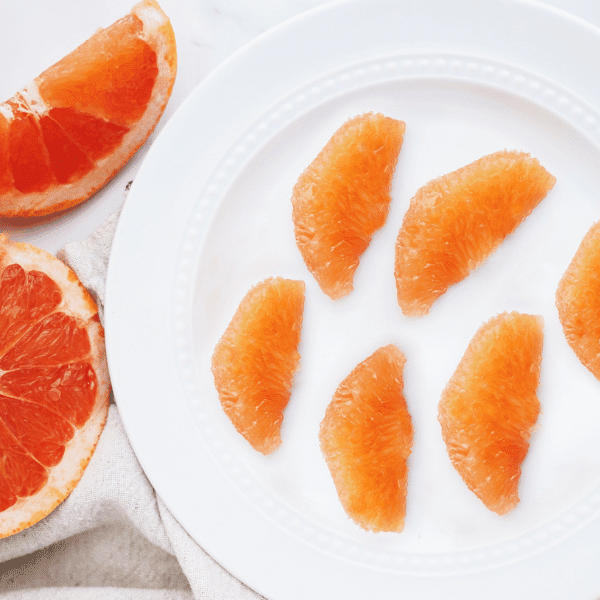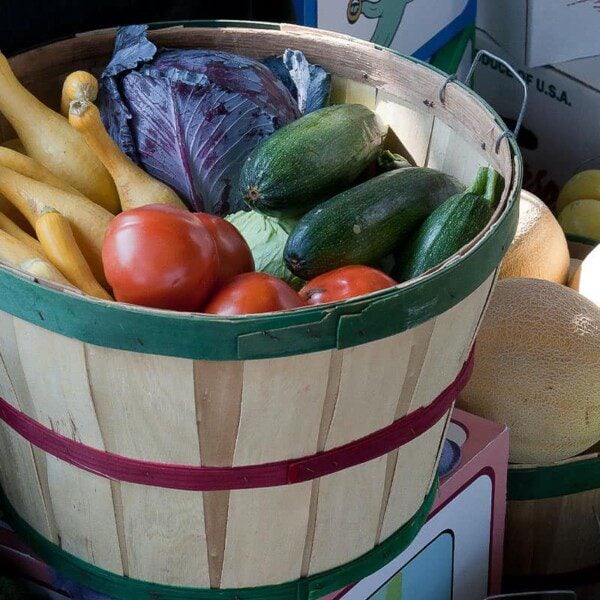Does Cooking Vegetables Destroy Nutrients?
Feb 11, 2015, Updated Jul 26, 2022
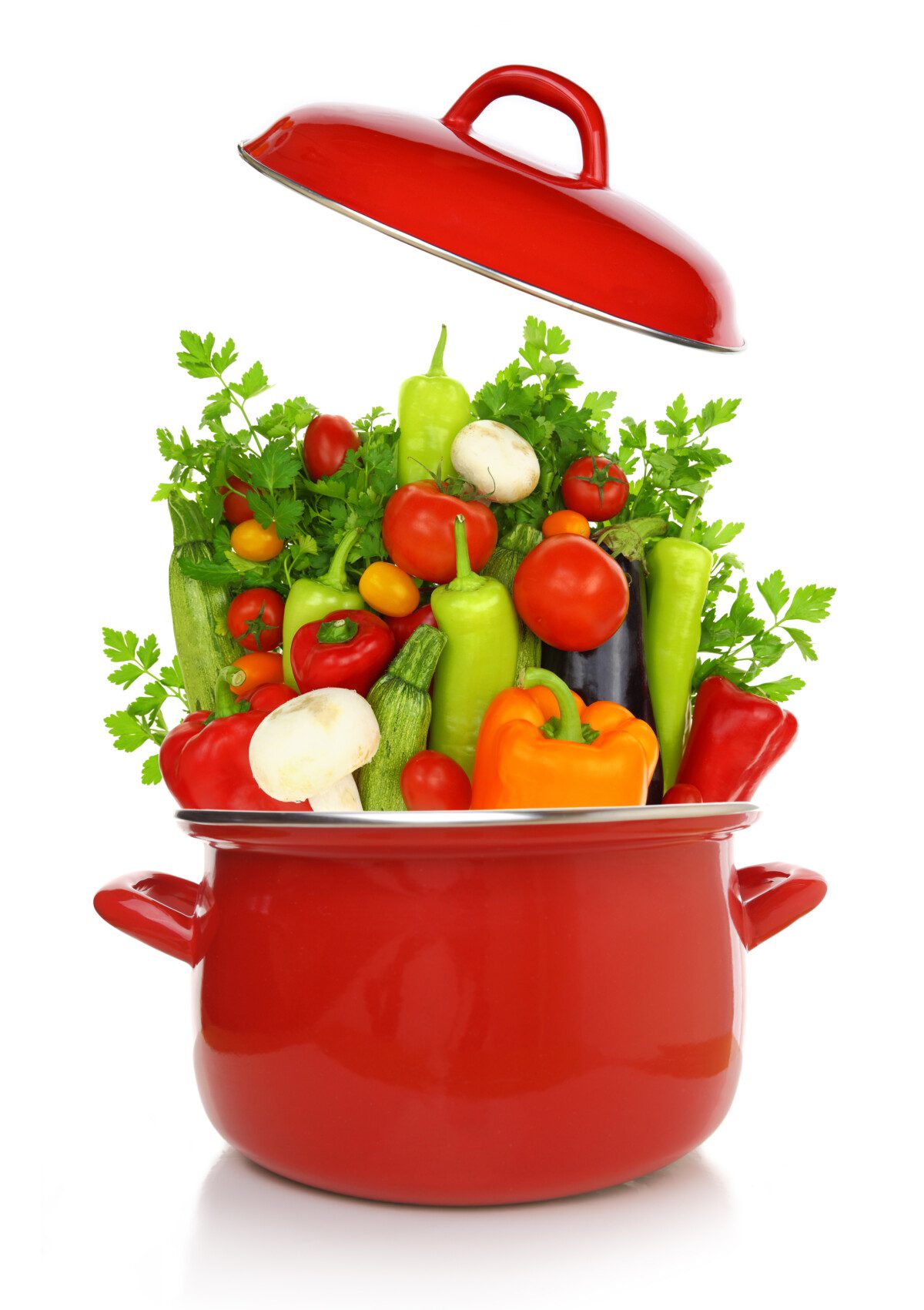
This post may contain affiliate links. Please read our disclosure policy.
Does cooking vegetables destroy nutrients and vitamins?
Some (not all) of the nutritional value in vegetables is lost during the cooking process – but why? Vegetables are packed FULL of vitamins, which are essential for our overall diet and the chemical reactions within our bodies. Vitamins are split up into two different groups: water-soluble (B-complexes, and C) and fat-soluble (A, D, E, and K). During the cooking process, water-soluble vitamins are more likely to be destroyed.
Overall, the veggies containing more of the water-soluble vitamins will be the veggies that lose the most nutritional value. However, the veggies containing more of the fat-soluble vitamins will be the veggies that lose the least nutritional value. By eating a variety of vegetables, you can ensure you are consuming adequate amounts of all vitamins!
Which vegetables lose the most nutritional value, and which lose the least?
As mentioned in the question above, vegetables packed with water-soluble vitamins such as B-complexes and C, will lose the most value when cooked. Veggies such as broccoli, cauliflower, kale and carrots lose a portion of their Vitamin C content when cooked. (Oranges are also known to lose a good amount of Vitamin C when cooked.)
However, believe it or not, some vegetables gain nutritional value when cooked. An antioxidant called lycopene, which is a red pigment found in tomatoes, red bell pepper, watermelon, papaya, and pink guava, is known to get a boost through the cooking process. When exposed to heat, the vegetables’ thick cell walls are broken down, which aids the body’s intake of the nutrients that are bound to those cell walls. A regular intake of lycopene is known to lower the risk of heart disease and cancer.
How do I prevent the loss?
In order to not destroy all of the nutritional value in your vegetables, remember the following simple tip: Rapid Cooking > Slower Methods. Try steaming or blanching your vegetables instead of broiling! Blanching a vegetable consists of quickly cooking your vegetables in boiling water, and then removing them while they are still crisp. The same principle applies when steaming vegetables in a microwave. By cooking veggies in short durations, vitamins will be less likely to be lost.
Two other tips to prevent more nutrient loss is to use less water than you would normally use, and to make sure you completely chew all of your vegetables before you swallow! The more you chew your bites of veggies, the easier they will be absorbed into your system.
How long should I cook my vegetables to retain their nutrients?
The amount of time you should cook your veggies to keep as much nutritional value as possible varies depending on the vegetable. Most of the common vegetables can be cooked or blanched in 5 minutes. Some vegetables may take a little longer, depending on their size.
Are frozen vegetables less healthy than raw vegetables?
NO! Frozen vegetables are typically just as nutrient-rich as raw vegetables. Why? Because frozen vegetables are often frozen the day of or day after they are harvested, preserving the nutrients. Raw vegetables may have been sitting on their produce stand at the grocery store for a few days after being harvested, progressively losing nutrients with each passing day. The most nutritious raw vegetables are usually at local markets, so if you want the freshest available veggies, I would recommend checking out a farmers’ market! The sooner you eat the vegetables, the better!
Being mindful to consume more vegetables throughout the day will increase your chances of acquiring all essential vitamins. Remember that vegetables are essential, no matter what form – cooked or raw!
